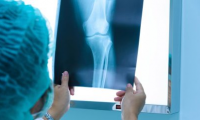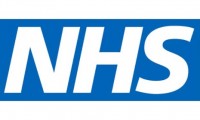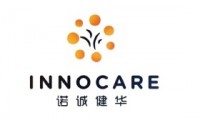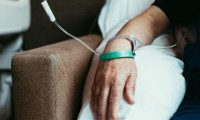-
MIT study reveals non-invasive treatment holds promise for treating ‘chemo brain’
- Source: drugdu
- 133
- March 12, 2024
-
NHS launches BRCA testing programme for people of Jewish descent
- Source: drugdu
- 137
- February 16, 2024
-
Telix to acquire QSAM Biosciences for $123.1m
- Source: drugdu
- 99
- February 8, 2024
-
CSPC Pharmaceutical Group’s SYS6002’s first human study unveiled at ASCO-GU
- Source: drugdu
- 135
- February 5, 2024
-
NHS launches BRCA testing programme for people of Jewish descent
- Source: drugdu
- 129
- February 5, 2024
-
INNOCARE Pharmaceutical Co., Ltd. voluntarily discloses the announcement on the progress of ICP-723 clinical trial
- Source: drugdu
- 83
- January 26, 2024
-
Bristol Myers Squibb to Pay Up to $8.4 Billion to Codevelop Antibody-Drug Conjugate With SystImmune
- Source: drugdu
- 131
- December 14, 2023
-
As chemotherapy shortage ebbs and flows, attention shifts to long-term solutions
- Source: drugdu
- 154
- September 29, 2023
-
BMS Culls Two Mid-Stage, Four Early-Stage Clinical Programs
- Source: drugdu
- 205
- September 16, 2023
your submission has already been received.
OK
Subscribe
Please enter a valid Email address!
Submit
The most relevant industry news & insight will be sent to you every two weeks.













